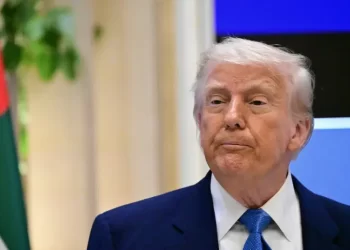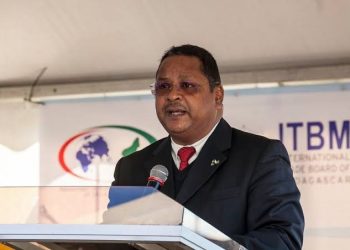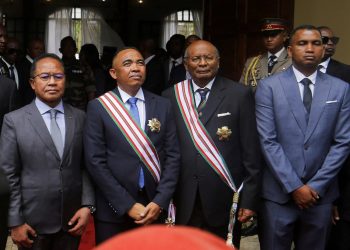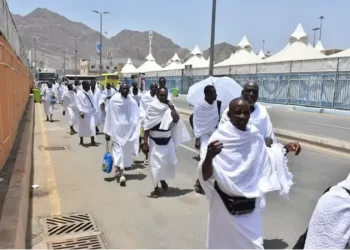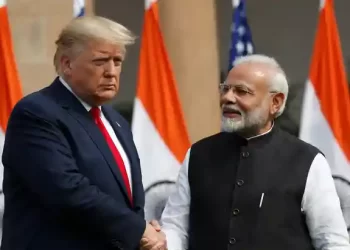Months after the Ebola outbreak in five Western African nations began, United Nations Secretary-General Ban Ki-Moon announced the creation of an emergency UN mission to respond to the crisis.
The outbreak has infected 5,335 and killed 2,622, according to the World Health Organization. The response needs to increase greatly, said David Nabarro, who Ban named special envoy to West Africa. Nabarro will now head up the effort, overseeing the UN and WHO response.
“This is a disease outbreak that is advancing in an exponential fashion,” Nabarro yesterday told the Security Council, the UN’s most powerful body that deliberates on international peace and security. “I estimate that to get ahead of outbreak, the level of response needs to be about 20 times greater than it is at the moment.”
Officials have said the virus outbreak in Liberia, Sierra Leone, Guinea, Nigeria and Senegal has spiraled out of control and response from the international community has been insufficient. Ban didn’t give details on the scope of the mission, though he called for $1 billion to be spent over the next six months and said he wants the mission’s advance team on the ground in West Africa before the end of the month.
“This unprecedented situation requires unprecedented steps to save lives,” Ban said at the meeting. “Therefore I have decided to establish a UN emergency health mission.”
U.S. President Barack Obama pledged Sept. 16 to send 3,000 troops to the region and help build many as 20 100-bed treatment centers. Obama said the U.S. also would train about 500 health-care providers in the region.
The 15-member council adopted a resolution urging countries to lift travel and border restrictions and for airlines and shipping companies to maintain trade and transport links with Ebola-affected nations. Such moves further isolate affected nations and needlessly undermine response efforts, according to the text of the resolution.
It’s the first time the Security Council has held an emergency meeting on a public health crisis and deemed it a threat to international peace and security.
The WHO has faced criticism for its response to Ebola. The agency waited until Aug. 8 to declare a global health emergency, seven weeks after the aid group Doctors Without Borders warned of an epidemic “out of control.”
Curbing the outbreak will require investments of $988 million over the next six months, according to an overview of needs and requirements published by the UN. About 30 percent of what’s needed has come in so far, Nabarro said earlier this week at a briefing in Geneva.
There is no cure for Ebola, which is spread by contact with the blood and bodily fluids of those infected. The disease normally is treated by keeping patients hydrated, replacing lost blood and using antibiotics to fight infections. The hope is that a patient’s immune system will fight off the aggressive attack of the virus.
Several companies and U.S. health authorities are testing experimental treatments and vaccines against the disease. – Bloomberg.

